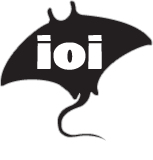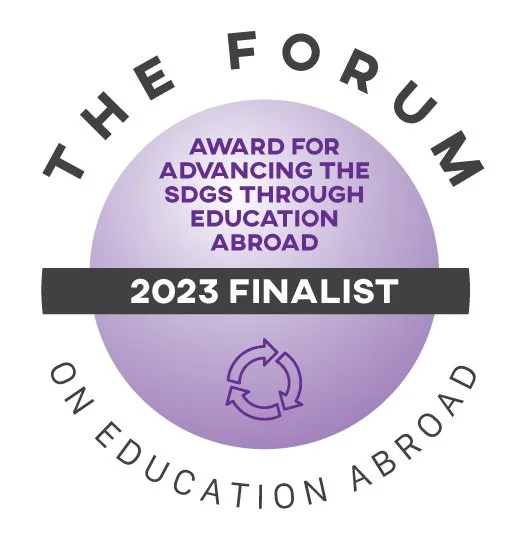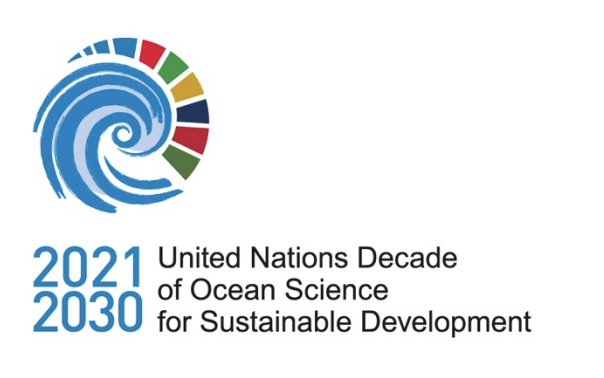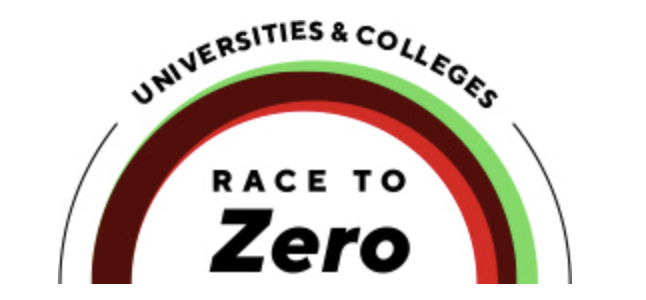Mujeres Con Futuro is a program that supports 1,200 Costa Rican women each year in a two-step program. The program includes workshops and trainings and is split into two distinct phases:
Phase One (habilidades para la vida) is an empowerment program that enhances the participants’ confidence and skills to confront the numerous challenges of everyday life. Twenty-nine women of El Jobo completed this phase in Fall 2017. As a result, some graduates have started implementing what they learned on their own initiatives. For example, one woman started a restaurant and another opened a clothing store.
Phase Two (montando negocio) teaches the participants’ the basic skills required to start a business. The women are eager to learn the skills necessary to implement the ideas they generated in Phase One. Due to two major natural disasters that hit El Jobo in late 2017 and early 2018, funding is now short and IOI is currently fundraising in order to carry out Phase Two.
IOI is taking the profoundly relevant and critically important program one step further to include an additional phase:
Phase Three (micro-financiamiento) Sets up a business loan option through micro-financing and community banking for our participants who would otherwise not have access to credit due to lack of collateral.
When it comes to empowering isolated communities to grow in sustainable ways, supporting the women tangibly and thoughtfully is key. In this sense, the Mujeres Con Futuro, Fundacion Horizontes, and IOI partnership is a quintessential part of our social development efforts in Costa Rica. IOI has a similar program in the Galapagos, Familias del Buen Vivir.
























